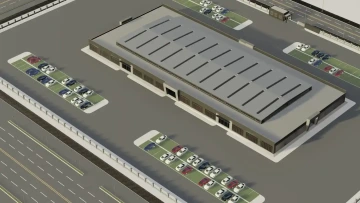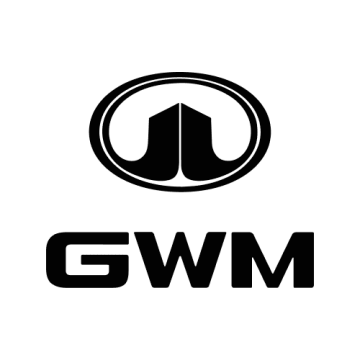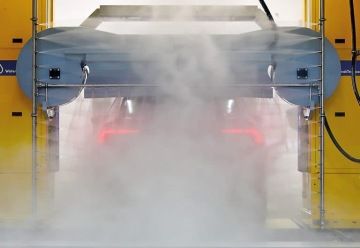We develop and manufacture
water detection technology
for the automotive industry













Leak Testing in the Automotive Industry – Your Guarantee of Quality and Safety
Leak testing (also known as Water testing, Tightness testing or Monsoon testing) is a critical element of final quality control in automotive manufacturing. Our company is a trusted partner in this field for numerous automotive brands, helping to ensure the highest standards of vehicle quality and reliability.
What is a Leak Test?
A leakt test is a key inspection process focused on verifying the tightness and overall quality of manufacturing procedures in the production of passenger and commercial vehicles. This test enables early identification of potential leaks, thereby effectively preventing future warranty claims, costly repairs, and other serious issues such as corrosion or failures in electrical systems. The result is not only increased safety and reliability of vehicles, but also greater comfort and a better driving experience for the driver and passengers.
Leak Test Procedure
During the water leak test, the vehicle is subjected to simulated weather conditions inside a test chamber, replicating intense rainfall, a car wash, or extreme environments comparable to monsoon conditions. Water is applied at varying pressures and angles to verify that it does not penetrate the interior of the vehicle. After exiting the test chamber, technicians inspect the interior using specialised testers or detection sensors to identify any possible leaks. If water ingress is detected, a root cause analysis is conducted, and sealing or structural components are repaired. The vehicle then undergoes a repeat test to ensure full compliance with quality standards.

Benefits of Leak Testing
Why is Water Detection in Vehicles Important?
Research shows that up to 3% of vehicles leave the production line with residual water or moisture present in the interior. Even minor leakage can result in electronic failures, corrosion of metal components, or mould formation. Effective water detection during end-of-line testing is critical to minimising defect rates, avoiding costly recalls, and preserving the manufacturer’s reputation for quality and reliability.
Why Work with Us?
We focus exclusively on water tightness evaluation for the automotive industry. Our proven testing solutions are designed to meet the highest standards and expectations across all automotive brands. With our technology, you can raise the bar on quality control, strengthen customer trust, and bring leak-free vehicles to market with confidence.
Get in Touch!
Whether you’re introducing water tightness testing to your production line or looking to enhance an existing process, we’re here to support you. Our team will help you identify the most effective solution tailored to your operational and quality requirements.

Contact us
If you haven’t found the information you were looking for or have any additional questions, feel free to contact us.
